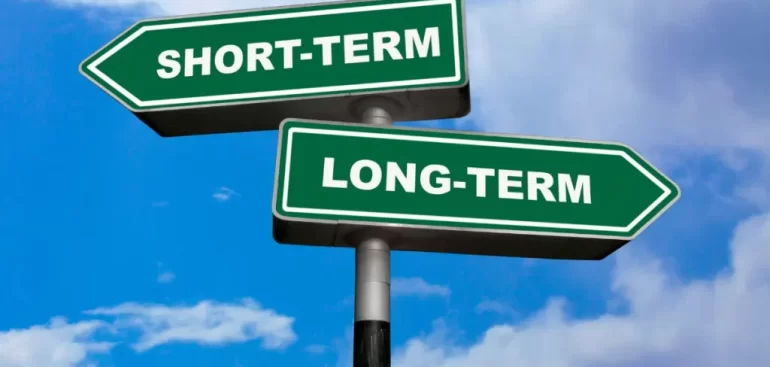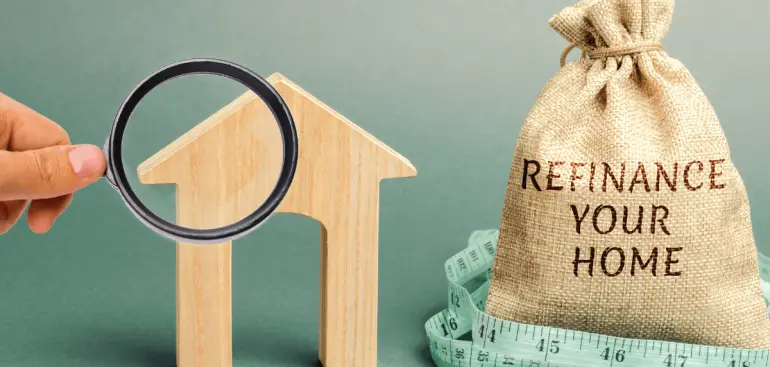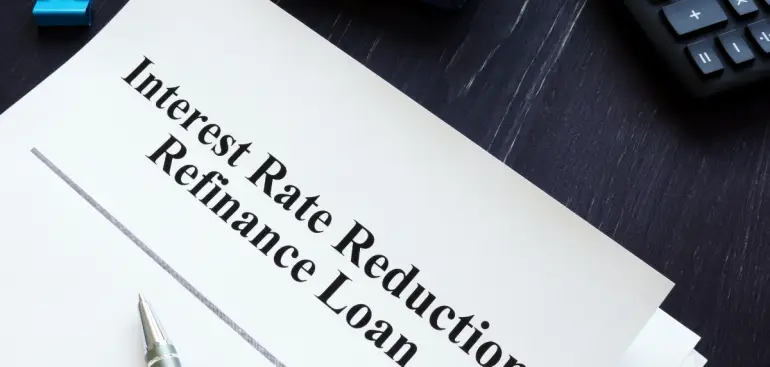If you can reduce your mortgage payments by refinancing and lock in a payment you know you can afford, you should consider refinancing. Here are a few financial tips for mortgage refinance that fit the current financial climate:
Do you have high-interest debt you’re working to pay off?
You may owe $10,000 or $20,000 in credit card debt. Have you looked at the difference between how much you’re paying in interest and how much on the balance you owe? You may find that 50, 60, and even 80 percent of your monthly payment is paying interest.
Using a mortgage refinance to pay off high-interest debt with a low-interest 30-year fixed-rate mortgage could save you thousands of dollars. Refinancing your mortgage to pay off high interest credit card debt may be a lot of work but your financial result will be worth it.
Do you have student loan debt you want to eliminate?
Student loan interest rates may not be quite as high as high-interest credit cards, but the average unsubsidized student (or parent) loan starts at 6 percent interest and can go up from there. Similar to credit card debt, you can save money on interest by refinancing to a lower-interest 30-year fixed rate mortgage.
Can you reduce your monthly mortgage payment?
Lowering your monthly mortgage payment is one of the best reasons to refinance. If you can locate a loan which has a lower annual percentage rate (APR) than your current loan, it’s worthwhile to investigate your refinancing options.
Can you afford a shorter-term mortgage?
If your finances have improved significantly since you got your initial mortgage, you may benefit financially from refinancing from a 30-year fixed mortgage to a 15-year loan term, or any other term such as 27 year, 25 year, 21 year, 18 year etc. The options are limitless with a savvy independent mortgage broker on your side. The savings in interest can be substantial.
For example, if you have a $500,000 30-year fixed rate mortgage at 4 percent, you’ll pay approximately $859,300 in principal and interest over the course of your loan. If you refinance your loan to a 15-year mortgage, even at the same 4 percent interest, your total payments will be $665,719. That’s a difference of almost $200,000.
Refinancing your 30-year fixed rate mortgage can be a smart financial decision for a lot of reasons. An experienced independent mortgage loan broker such as California Platinum Loans can let you know what your options are so you can make the right financial decision.
Sources
https://www.nerdwallet.com/blog/loans/student-loans/student-loan-interest-rates/



